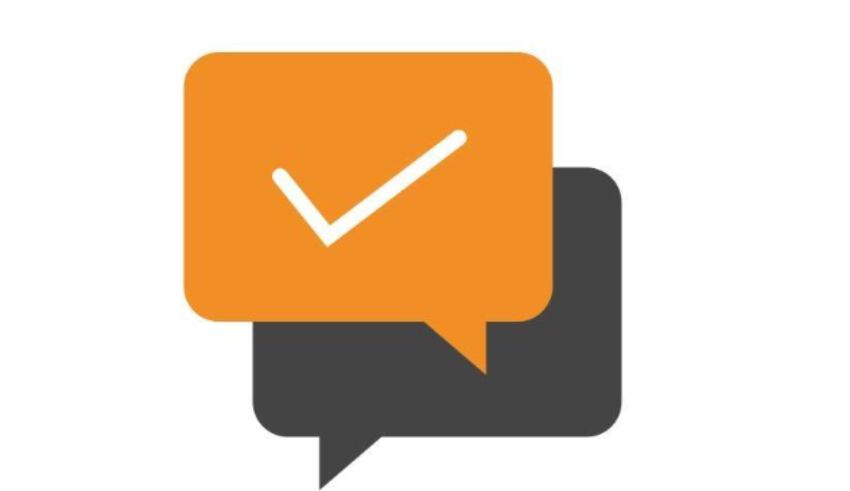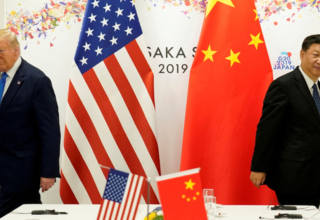
Nine years ago, the Taiwanese engineer Charles Yeh noticed his mother in law picking green onions out of her beef noodles at a restaurant. When curious Yeh asked the reason, she said they could harm the liver- a fact she believed due to a forwarded message she received. This puzzled Yeh, whose family had always consumed green onions without any complaint or issue. And this incident led to Yeh’s battle against disinformation in Taiwan.
Intent to correct this misinformation, Yeh wrote a blog post about it and shared it through the messaging app Line. The post quickly picked up steam and Yeh began receiving requests from strangers for more accurate and correct information. Realizing the demand and need of fact checking, Yeh launched MYGoPen in 2015. The name means “don’t be fooled again” in Taiwanese.
Growth of Fact Checking in Taiwan
MyGoPen’s popularity skyrocketed , growing from 50,000 subscribers within two years to over 400,000 today. In 2023, MyGoPen managed 1.3 million fact check requests, exposing fallacies on topics from carcinogens in bananas to false allegations about politicians. Yeh’s initiative inspired other fact checking organizations like DoubleThink Lab, Cofacts and Taiwan FactCheck Center.
Rising Threat of Chinese Disinformation
As fact checking efforts multiplied, so did the threat of disinformation, especially from China. The University of Gothenburg’s Varieties of Democracy project identifies Taiwan as the top target of foreign disinformation, particularly around election periods. Doublethink Lab, which keeps an eye on China’s influence across 82 countries, ranks Taiwan first in societal and media influence by China.
An incident of February 2023 highlighted the severity of this threat. After a crash involving Chinese fishers and Taiwan’s coastguard, a video falsely claimed that 100 Chinese fishing vessels were counterattacking near Taiwan’s Kinmen islands. MyGoPen debunked this, showing the video was from a different time and location in China.
Evolution of Disinformation Tactics
An associate professor at Taiwan’s National Chengchi University, Jaw Nian Huang, notes that Beijing has shifted its strategy from direct to indirect disinformation. For example, during the Israel Gaza conflicts, China used the situation to criticize U.S. global politics, indirectly casting doubt on its stance towards Taiwan. These narratives are harder to counter because they are based on perspective not facts.
Combating AI Driven Disinformation
Artificial Intelligence adds another layer of obfuscation to this battle of Disinformation. A Thomson Foundation report on AI disinformation during the 2024 presidential elections found that AI generated fake voices and deep fakes were used exhaustively. Head of Taiwan FactCheck Center, Eve Chu, describes AI’s development as “unstoppable”. She underscores the systematic spread of false information about election manipulation via TikTok, aimed at undermining Taiwan’s democratic process.
Leveraging AI for Fact Checking
Despite the hardships and challenges, Yeh sees potential in using AI to enhance fact checking efforts. AI can generate verbatim transcripts, improving efficiency in checking audio and video materials. MyGoPen already uses bots to manage about 3,000 everyday inquiries, supported by its extensive database. While initial responses are automated, verification is still done manually to ensure accuracy.
Educating the Public
Yeh stresses on the importance of public education on evolving disinformation tactics. He compares disinformation spreaders to fraudsters who already look for new methods to deceive. “Just like fraud, the tactics are always changing, but the goal- to cheat you- remains the same”.
By nurturing a diverse media environment and encouraging everyone to seek information from multiple sources, Taiwan’s fact checkers plans to build resilience against disinformation. Their work is very essential in preserving the integrity of Taiwan’s democracy amidst ongoing external threats.























